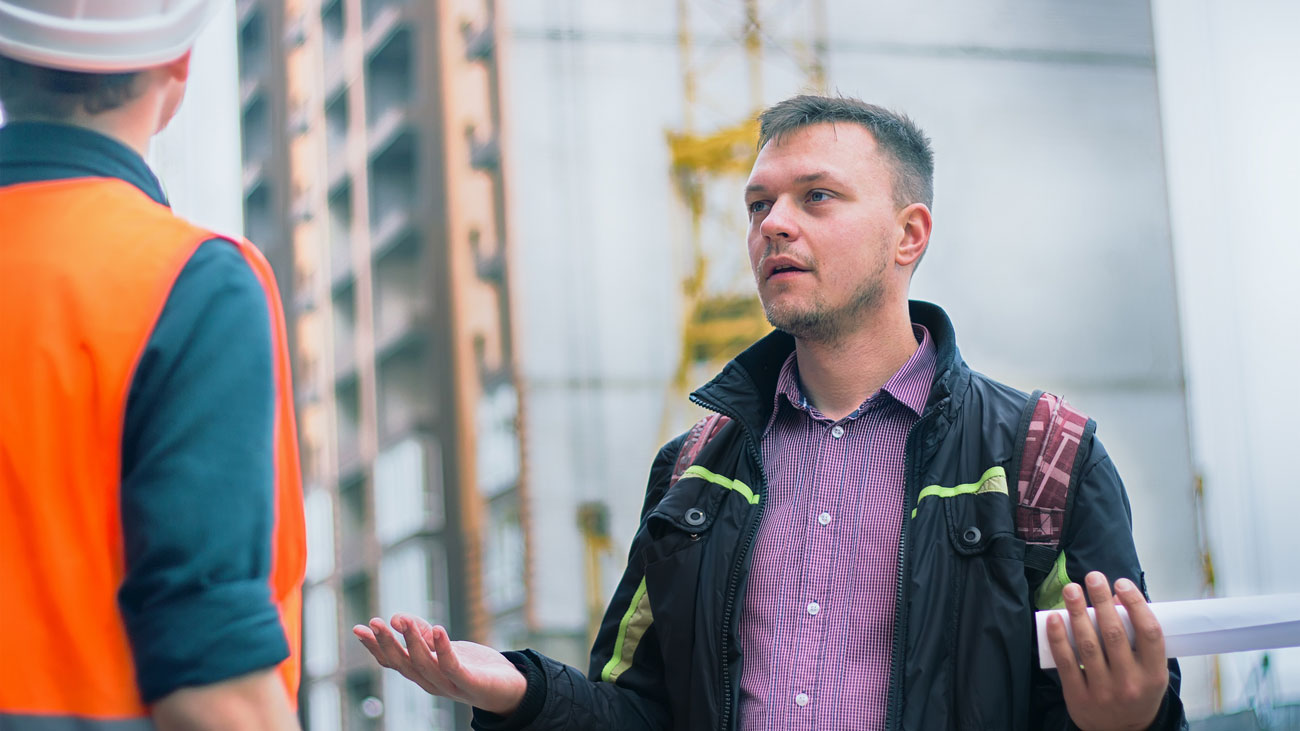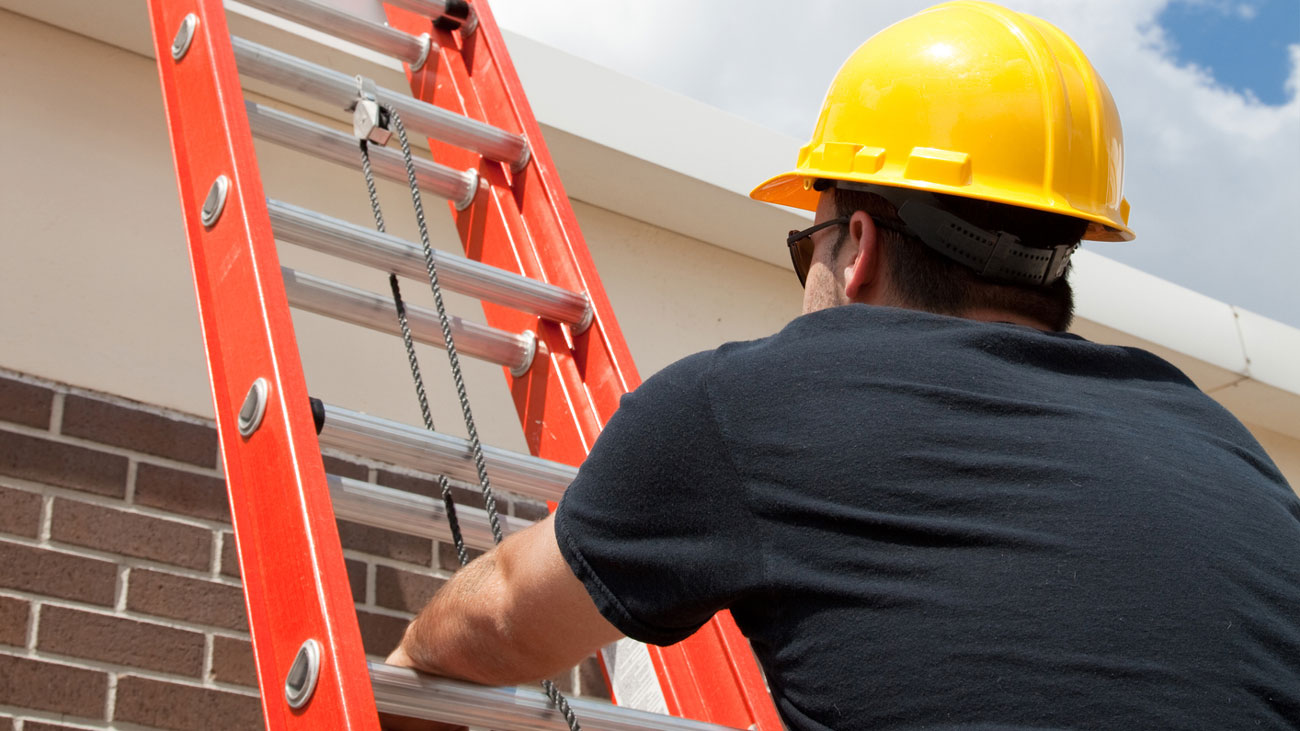
Mental health in construction – new research
A consistent approach to supporting construction workers’ mental health is the goal of a new initiative being led by the Construction Leadership Council (CLC) and Construction Industry Training Board (CITB). CITB’s new research report, ‘Mental Health and Construction: A Consistent Approach,’ aims to be the most comprehensive study conducted on mental health and self-harm within construction.
The main objectives of the research included:
- Exploring how the COVID-19 pandemic has exacerbated emotional and mental stress, and the wider impact this will have – especially how it may constrain industry recovery.
- Identifying key players and stakeholders and exploring how they can work together, as well as assessing the requirement for more leadership on mental health in construction.
- Evaluating the effectiveness and uptake of existing wellbeing initiatives and whether these can be expanded across the industry.
- Evaluating the most effective ways to target small and micro construction companies to help them tackle the issue; be it through the wider supply chain or direct support for those outside the supply chain.
CITB’s new research highlights a growing number of good initiatives but finds that their impact is currently held back by the lack of a coherent aim and message. Given the growing need to tackle mental health, developing a joined-up approach has become more urgent. It identifies opportunities for industry to address shortcomings and improve wellbeing for workers. The report recognises that physical health and safety are a significant priority in the construction industry and site safety has been transformed as a result of years of concerted focus by industry with support from CITB and others. Employers have a legal duty to ensure that the health, safety, and welfare of employees are protected. This needs to include protecting mental wellbeing. However, statistics highlight the urgent need for steps to reduce the stigma surrounding mental health and improve support to workers. We have come a long way in increasing awareness of mental health, as numerous campaigns encourage us to open up and talk to each other when we’re suffering, or reach out to those who appear to be having a hard time. People with mental health problems are often hesitant to reveal their feelings because of the stigma associated with mental health, and they do not communicate with their work colleagues about their mental health issues.
Main findings
- The risk of suicide among some site-based workers is three times the national average.
- A May 2020 Chartered Institute of Building report found that 26% of construction workers who responded to their survey had experienced suicidal thoughts.
- 97% had experienced stress over the past year.
- The key triggers of poor mental health produced by the construction industry are working away from home and frequent travelling, occupational stressors, heavy workloads and long working hours, and job insecurity.
The CLC has backed the research, having already prioritised mental health in its recovery plan and is now pulling industry together to agree a plan to address it.
There is a range of different mental health and wellbeing support available from industry professional bodies, charities and employers. However, evidence of the effectiveness of the support available is limited.
Bill Hill, CEO of the Lighthouse Construction Industry Charity, said:
“Doing things right is important. Doing right things can save lives. Implementing and measuring a comprehensive programme to improve workforce wellbeing in construction needs no thought, it is the right thing to do. It will improve the workplace culture, support and retain the existing workforce, make the industry more attractive to the next generation and will undoubtably save lives.”
CITB policy director Steve Radley, said:
“As well as supporting construction workers, tackling mental health will help employers to retain more of them and get the best from them at a time when more firms are reporting skill shortages. We need strong industry leadership on this and it’s great to see CLC picking up the baton.”
CECA chief executive Alasdair Reisner, who leads the CLC workplace culture workstream, said:
“The CLC is acutely aware of the mental health and wellbeing challenges faced by industry. Progress towards improving the situation has been frustratingly slow in recent years and there is no doubt that some of the statistics relating to mental health and construction are not good enough. Encouragingly, this report from CITB includes good examples of best practice from which the whole sector can be inspired.
“The CLC will provide the shared vision and goals that industry has called for. We will do our utmost to accelerate improvements across the sector, particularly for SMEs, and look forward to collaborating with stakeholders on this crucial construction priority.”






